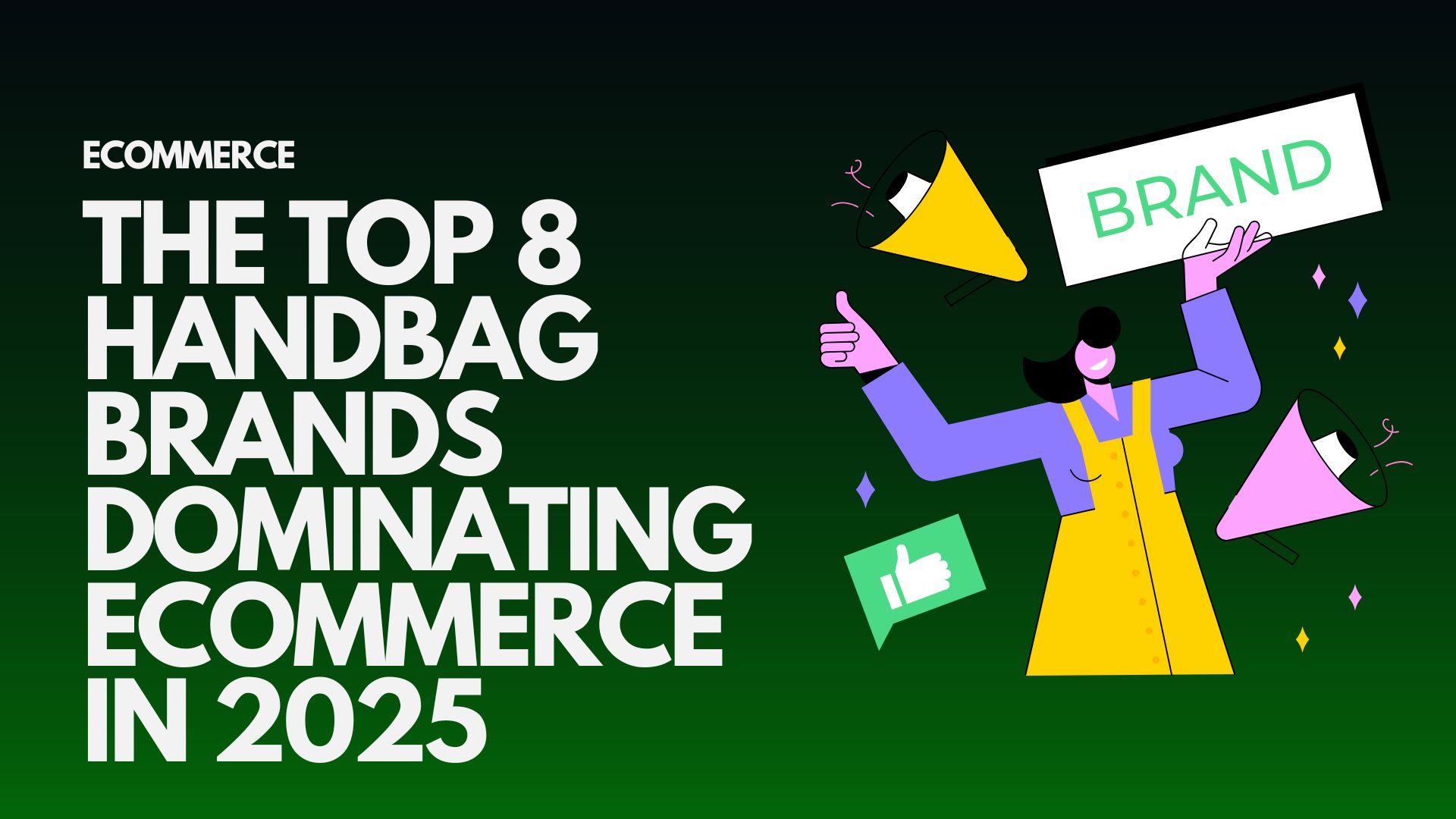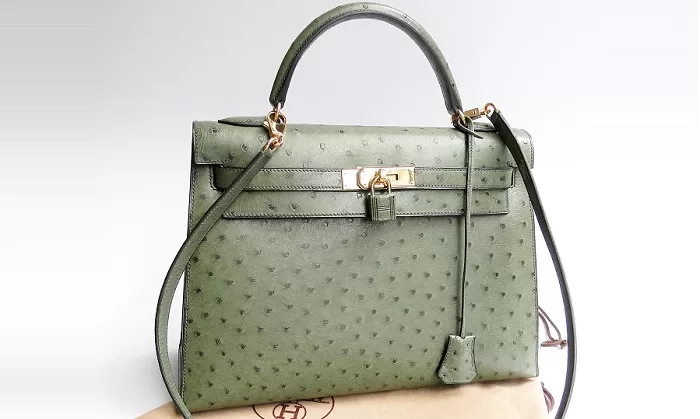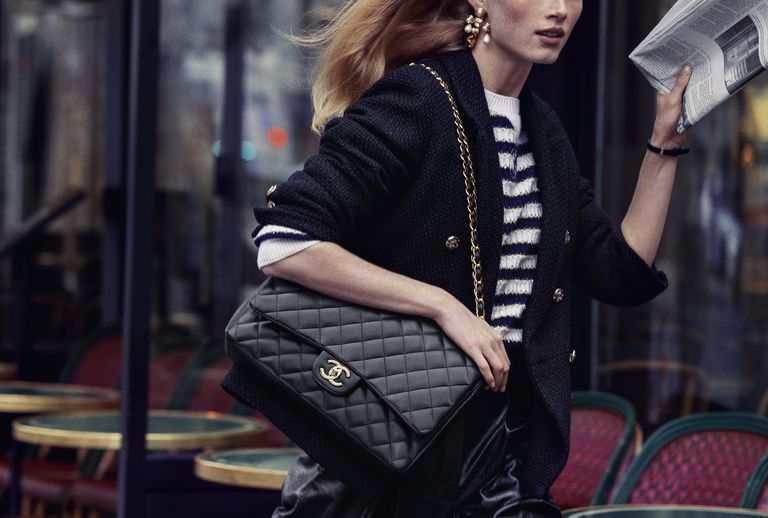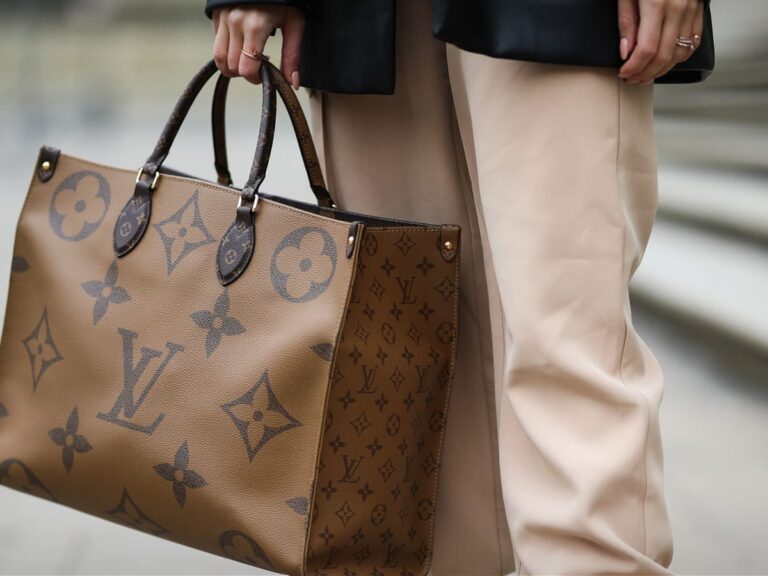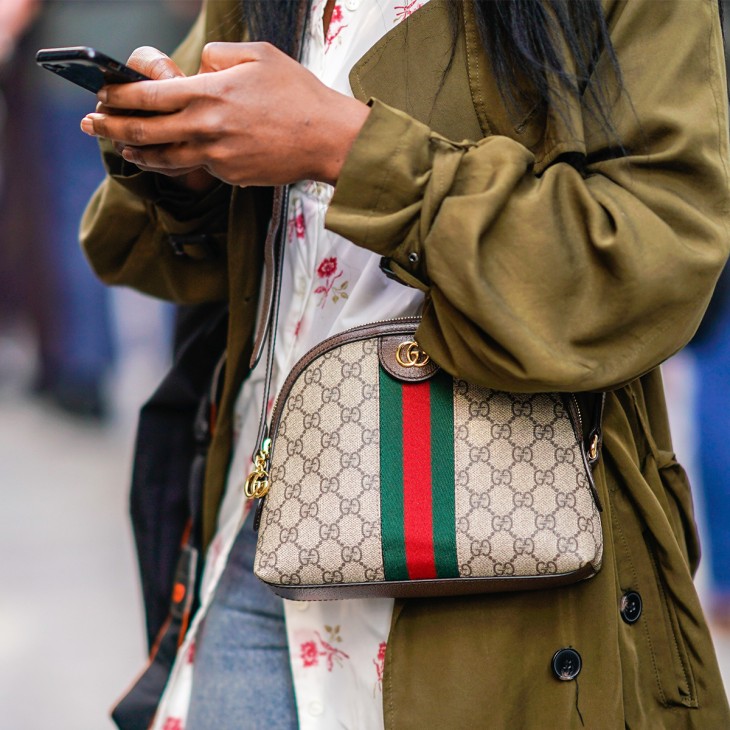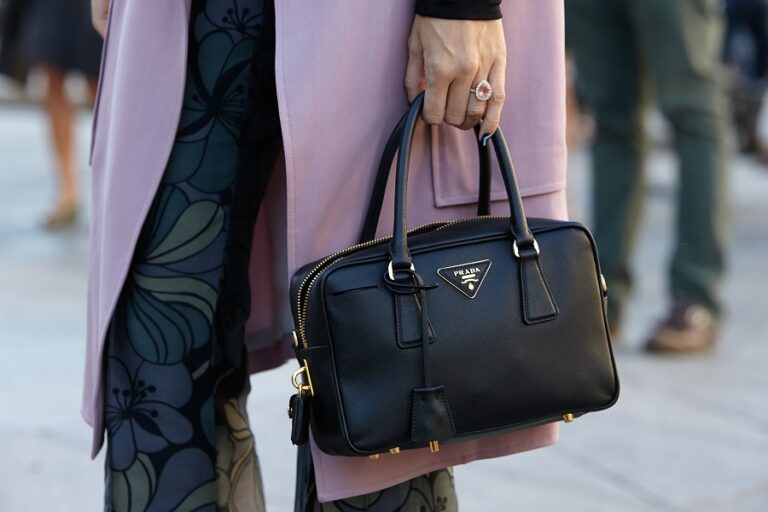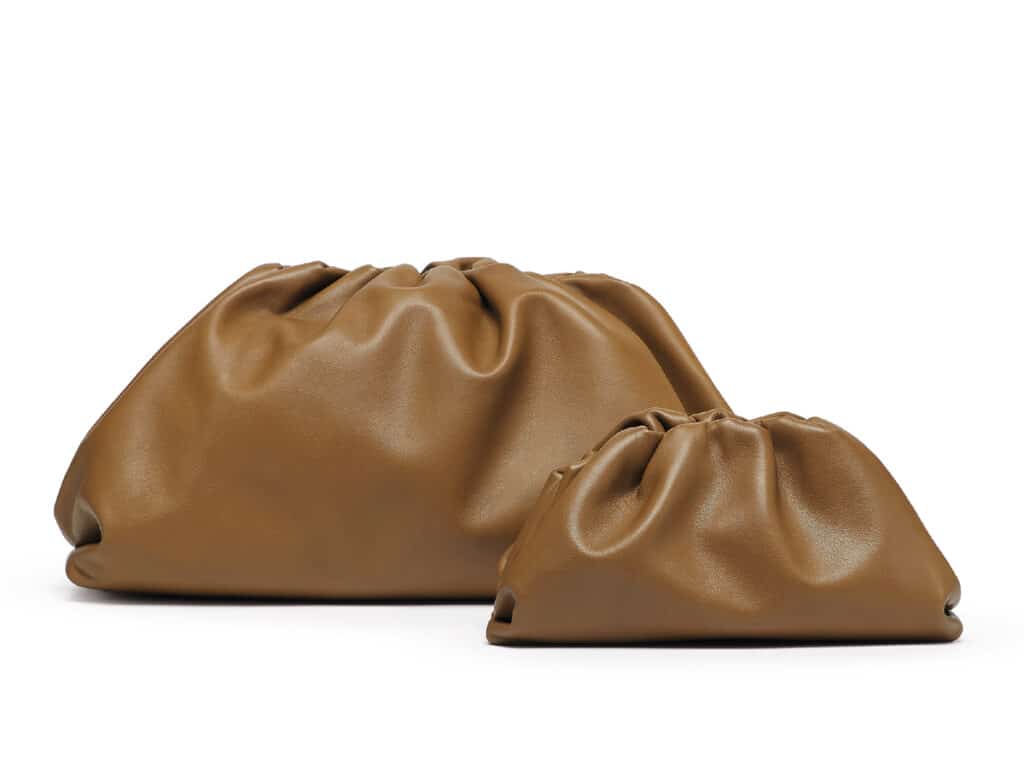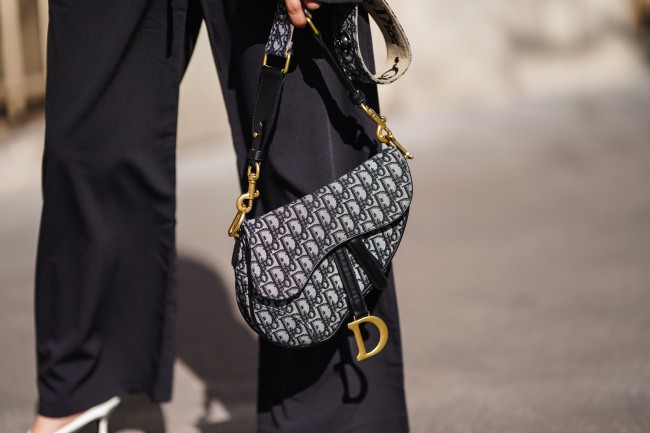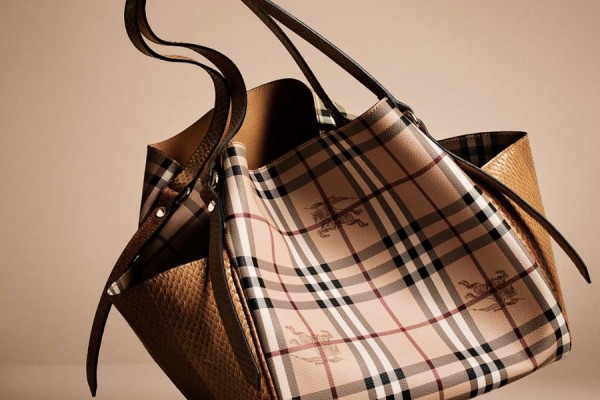The Top 8 Handbag Brands Dominating Ecommerce in 2025
Handbags aren’t just accessories — they’re statements. In the ecommerce world, some handbag brands have carved out legendary status thanks to their iconic designs, unbeatable quality, and that elusive “wow factor” that turns heads and commands high resale value. Whether you’re a fashion lover, a reseller, or an ecommerce entrepreneur, these brands set the benchmark.
In today’s competitive online marketplace, these luxury handbag brands also influence how e-commerce website design and ecommerce digital marketing strategies are crafted to create engaging shopping experiences that keep customers coming back. From the way products are showcased to seamless checkout processes, these brands provide inspiration for ecommerce businesses worldwide.
Today, we’re diving deep into the top 8 handbag brands ruling the online space — think Hermès, Chanel, Louis Vuitton, and more. Plus, we’ll explore what makes these brands tick, current trends shaping the handbag market, and tips for ecommerce success inspired by these luxury giants.
Table of Contents
- The Top 8 Handbag Brands in Ecommerce
- What Makes These Handbag Brands So Iconic?
- The Resale Value: Why It Matters
- How Ecommerce Transformed Luxury Handbag Shopping
- Key Trends in Handbag Ecommerce for 2025
- What Ecommerce Businesses Can Learn from These Brands
- How to Spot a Genuine Luxury Handbag Online
- Final Thoughts: Stepping Forward in the Handbag Ecommerce Market
The Top 10 Handbag Brands in Ecommerce
Let’s kick things off with a quick overview of the power players:
1. Hermès
Hermès is the undisputed legend of luxury handbags, especially with its iconic Birkin and Kelly bags. These bags symbolize exclusivity and craftsmanship, with limited production driving up demand and resale value. Their presence on custom ecommerce development platforms ensures a seamless and premium shopping experience, reflecting the brand’s exclusivity. Every detail, from hand-stitched leather to exquisite hardware, makes Hermès a must-have for collectors.
2. Chanel
Chanel’s Classic Flap bag is a timeless icon, instantly recognizable with its quilted leather and elegant gold chain strap. The brand’s commitment to quality is reflected in its high resale value and loyal ecommerce following. Chanel’s ecommerce website development focuses on a luxurious user interface and user experience (UI/UX), ensuring shoppers can explore its collections effortlessly and feel the premium vibe right from their screens.
3. Louis Vuitton
Louis Vuitton’s Speedy and Neverfull bags are staples of the luxury handbag world. Wrapped in the famous monogram canvas, these bags perfectly balance heritage with modern trends. Louis Vuitton’s online presence includes optimized ecommerce photography that showcases the product’s details and craftsmanship, making it easy for customers to fall in love with the brand from first glance.
4. Gucci
Gucci has made a major ecommerce comeback, especially with the GG Marmont line. Their bold logos and vibrant designs appeal to younger audiences seeking trendy, luxury bags. Gucci’s success in ecommerce digital marketing—leveraging social media, influencer partnerships, and interactive websites—helps keep the brand fresh and desirable on digital platforms worldwide.
5. Prada
From its famous nylon bags to sleek leather designs, Prada combines functionality with style. Prada’s ecommerce development strategies focus on a smooth shopping journey, catering to minimalists and fashion-forward shoppers alike. Their ecommerce stores often highlight product versatility and high-quality materials, attracting buyers looking for both practicality and luxury.
6. Bottega Veneta
Bottega Veneta is the epitome of understated luxury, famous for its woven leather technique (intrecciato). The minimalist design speaks volumes without flashy logos. Their custom ecommerce website design reflects this philosophy — clean, elegant, and focused on craftsmanship. Customers appreciate the brand’s quiet confidence, which is communicated perfectly through its digital storefront.
7. Dior
Dior’s Lady Dior bag, with its signature quilted leather and charm detailing, is a symbol of Parisian elegance. Dior’s CRO optimization on ecommerce sites ensures visitors have a flawless shopping experience, encouraging engagement and purchases. Their blend of heritage and innovation keeps the brand relevant and desirable in the competitive online luxury market.
8. Burberry
Burberry’s TB bags and iconic checkered patterns mix classic British luxury with modern appeal. Burberry has embraced Shopify website development and other ecommerce technologies to offer customization and exclusive online collections, making the shopping experience highly personalized. Their digital marketing campaigns also strengthen brand loyalty and boost online sales.
What Makes These Handbag Brands So Iconic?
Let’s be honest — anyone can make a pretty bag. But what sets these luxury handbag brands apart is their ability to create not just a product, but a legacy. They’ve nailed every aspect of what makes a handbag not just beautiful, but iconic. Here’s how they do it:
-
Craftsmanship That Speaks for Itself
We’re talking about hand-stitched seams, premium materials, and flawless finishes. From Hermès’ intricate saddle-stitching to Bottega Veneta’s woven leather, every piece is a work of art. This obsession with detail elevates the product — and in ecommerce photography, that quality shines through and builds trust with online shoppers.
-
Heritage and History
These brands aren’t new to the game. Chanel’s timeless elegance, Louis Vuitton’s travel-inspired legacy, and Dior’s couture roots connect with customers on a deeper level. It’s storytelling — and on their ecommerce website design, that heritage is showcased through immersive visuals, lookbooks, and editorial-style content that goes beyond just “Add to Cart.”
-
Exclusivity That Drives Demand
What do waitlists, limited drops, and “sold out” tags all have in common? They make people want something even more. Brands like Hermès and Dior master the art of scarcity. Smart custom ecommerce development often supports these strategies through private sales, invitation-only access, and member-exclusive collections.
-
Instantly Recognizable Branding
From the interlocking CCs of Chanel to Gucci’s GG logo, these bags are as much about identity as they are about function. Iconic branding builds recognition — which translates perfectly to online platforms. Strong visual identity is key to CRO optimization (conversion rate optimization), ensuring customers know exactly what brand they’re looking at the second they land on the site.
The Resale Value: Why It Matters
Let’s face it — a luxury handbag isn’t just an accessory, it’s an investment piece.
The world of resale has exploded, and brands like Hermès and Chanel are leading the charge. Their bags not only retain value — in many cases, they appreciate over time. A Chanel Classic Flap bought five years ago? It’s likely worth more today than when it was new.
So why does resale value matter in ecommerce?
- Collectors hunt online: More collectors are buying from trusted online luxury marketplaces than ever before.
- Authentication is king: Ecommerce platforms that ensure verified listings are gaining serious traction.
- It fuels buyer confidence: Knowing they can resell later encourages shoppers to spend more.
This is where CRO optimization becomes critical — improving conversions by emphasizing things like authenticity guarantees, return policies, and customer reviews right at the decision-making moment.
How Ecommerce Transformed Luxury Handbag Shopping
Once upon a time, buying a Louis Vuitton meant an upscale boutique visit. Now? It’s a few clicks and a beautifully packaged delivery at your doorstep.
Here’s how ecommerce has revolutionized luxury handbag shopping:
-
Visually-Rich Product Pages
Luxury buyers expect to see every stitch. High-resolution images, 360-degree views, and styled product shots are non-negotiable. This is where a skilled ecommerce photography agency plays a crucial role in creating the emotional pull needed to convert browsers into buyers.
-
Intuitive Browsing Experience
It’s not just about good looks. Brands like Dior and Bottega Veneta are winning online because they prioritize ecommerce UI UX design. Their websites are designed to guide you effortlessly from admiration to checkout — with zero friction.
-
Personalization & Concierge-Like Support
From real-time style assistants in chat to personalized recommendations, luxury brands are mimicking the boutique feel digitally. It’s not just about buying a bag — it’s about curating a memorable experience.
Key Trends in Handbag Ecommerce for 2025
- Sustainability is driving buyer decisions, with eco-friendly materials and ethical sourcing gaining importance.
- Customization allows customers to personalize handbags, enhancing brand loyalty and satisfaction.
- Digital storytelling through videos and influencer content is building deeper emotional connections.
- Omnichannel shopping ensures a smooth transition between online browsing and offline purchases.
- Ecommerce maintenance (e.g., in Mumbai, India) is essential to keep platforms fast, secure, and scalable.
What Ecommerce Businesses Can Learn from Luxury Brands
- Build a strong brand identity that emotionally resonates with your target audience.
- Invest in ecommerce website development to offer a seamless, premium shopping experience.
- Leverage exclusivity and scarcity to create urgency and boost conversions.
- Use social proof and influencer marketing to build trust and community.
- Create content-driven ecommerce digital marketing to tell your brand’s story and stand out.
How to Spot a Genuine Luxury Handbag Online
With the rise of online shopping, counterfeit luxury bags have flooded the market — but there are key signs to look out for.
- Buy only from official retailers or verified resellers, especially those listed on brand websites.
- Ensure listings come with detailed product descriptions, authenticity certificates, and a serial number if applicable.
- Check for high-resolution images from multiple angles, including close-ups of logos, stitching, zippers, and interior tags.
- Look for ecommerce sites with secure payment gateways and transparent return/refund policies, a hallmark of trustworthy ecommerce development practices.
- Bonus tip: Ecommerce SEO can help authentic sellers stand out—users searching “buy authentic Louis Vuitton bag online” should find your store, not a scam site.
By building trust through authenticity checks and clear policies, luxury handbag sellers can create lasting relationships with customers in the ecommerce world.
Final Thoughts: Stepping Forward in the Handbag Ecommerce Market
The handbag ecommerce world is more vibrant — and more competitive — than ever. From Hermès to Burberry, each top brand has shown that success lies in the details: impeccable craftsmanship, a compelling brand story, and a sense of exclusivity that keeps customers coming back.
But here’s the good news — you don’t have to be a heritage fashion house to thrive online.
Whether you’re launching your own boutique label or managing a large-scale ecommerce website development project, the winning formula remains the same:
- Focus on high-quality products with standout design.
- Build an engaging, user-friendly site using strong ecommerce UI/UX design.
- Use data-driven strategies and CRO optimization to enhance conversions.
- And most importantly, connect emotionally with your customers through storytelling, trust-building, and consistent branding.
Remember, ecommerce isn’t just about selling — it’s about creating experiences. Nail that, and your brand can shine just as bright as the icons.
Explore more
The 15 Best Sustainable Shopify Stores to Shop in 2025: Eco-Friendly Brands Leading the Way
15 Shopify Health Brands Redefining Wellness in 2025
15 Essential Features for Your Health and Wellness Store

About the Author
Priya, Co-Founder of Emerge Digital, is a UI/UX enthusiast with 15 years of experience. She’s passionate about crafting user-centered designs that exceed expectations, delivering meaningful and engaging digital experiences. At Emerge Digital, Priya blends her deep expertise with a commitment to client and user needs, driving innovative design solutions.
